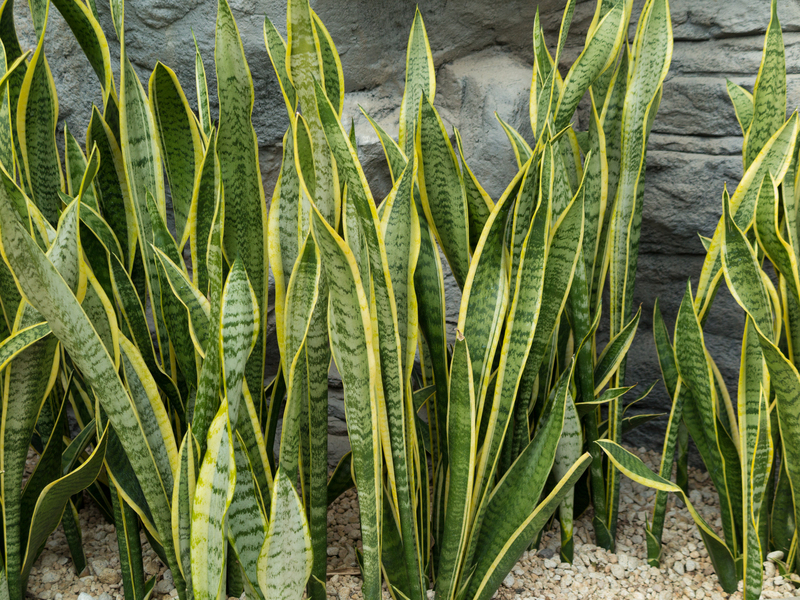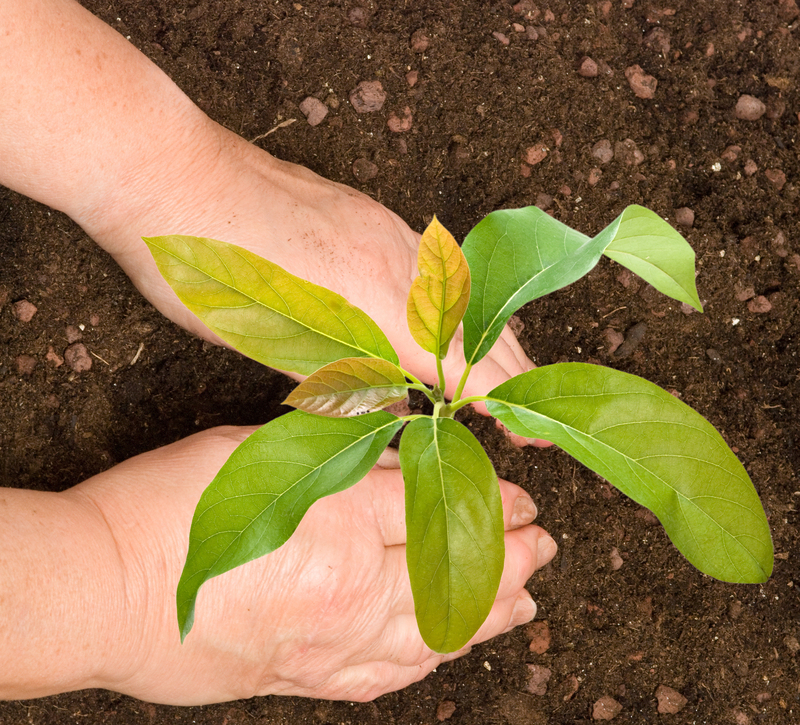Crafting a Nature-Friendly Garden
Posted on 25/11/2024
A nature-friendly garden, also known as a wildlife garden or eco-friendly garden, is designed to support and nurture the local ecosystem. It aims to create a habitat that promotes biodiversity by providing food, shelter, and breeding grounds for various species of flora and fauna. This type of garden practice reduces negative environmental impacts and fosters a harmonious connection between humans and nature.
Planning Your Nature-Friendly Garden
Before planting, it's essential to draft a concrete plan. Evaluate the existing conditions such as soil type, sunlight exposure, and available space. Divide your garden into zones according to the needs of different plants and animals. Consider incorporating features like ponds, bird feeders, and insect hotels to attract and support wildlife. A well-thought-out garden plan minimizes resource wastage and ensures optimal growth and support for the biodiversity in your area.

Choosing the Right Plants
Selecting plants that are indigenous to your region can significantly enhance your nature-friendly garden. Native plants are adapted to local conditions and require less water and maintenance. They also provide natural food sources for pollinators like bees, butterflies, and birds. Additionally, incorporating a variety of plants ensures year-round foliage and blooms, which can sustain wildlife throughout different seasons.
Water Conservation Techniques
Water is a critical resource in gardening. Implementing water-saving practices like xeriscaping, using drought-resistant plants, and installing rain barrels can help conserve water. Mulching is another effective method to retain soil moisture and reduce the need for frequent watering. Creating a garden layout with permeable surfaces allows rainwater to replenish underground aquifers rather than runoff.
Using Organic Practices
Organic gardening avoids the use of synthetic chemicals and pesticides, which are harmful to the environment. Instead, use compost, organic fertilizers, and natural pest control methods. Composting garden waste and kitchen scraps creates nutrient-rich soil, supporting healthy plant growth and reducing the need for chemical inputs. Introducing beneficial insects, like ladybugs, can naturally control garden pests.
Encouraging Wildlife
Your garden can become a sanctuary for local wildlife by incorporating features like nesting boxes, bat houses, and log piles. Providing diverse habitats and food sources attracts a variety of species, promoting a balanced ecosystem. Planting hedges and bushes can offer shelter and nesting sites for birds, while rock piles and water features cater to amphibians and insects. The presence of wildlife enhances the ecological value of your garden, making it a vibrant, living space.
Pros and Cons of a Nature-Friendly Garden
Pros:
- Supports local biodiversity
- Reduces environmental impact
- Lower maintenance and water usage
- Creates a sustainable ecosystem
- Enhances aesthetic and therapeutic value
Cons:
- Initial planning and setup can be time-consuming
- May attract unwanted pests
- Requires ongoing commitment to organic practices
- May need to educate neighbors and communities about the benefits
Tips for Crafting a Successful Nature-Friendly Garden
- Start with small, manageable sections of your garden and gradually expand.
- Engage with local communities or gardening clubs to gain knowledge and support.
- Regularly monitor and adapt your garden to meet changing environmental conditions.
- Document your gardening practices and observations to track progress and improvements.
- Educate yourself about native plants and local wildlife needs.

Key Takeaways
- A nature-friendly garden promotes biodiversity and environmental sustainability.
- Native plants and organic practices are foundational elements in crafting such a garden.
- Successful water conservation techniques are essential for maintaining a nature-friendly garden.
- Providing habitats for local wildlife enhances your garden's ecological value.
- Understanding the pros and cons helps in planning and maintaining an effective garden.
Conclusion
Crafting a nature-friendly garden is a rewarding endeavor that contributes positively to the environment. By employing sustainable practices, selecting native plants, and encouraging local wildlife, you create a vibrant and resilient ecosystem. Although it requires an initial investment of time and effort, the long-term benefits of reduced maintenance, water conservation, and support for biodiversity make it a worthy undertaking. Embrace the beauty and functionality of a nature-friendly garden and enjoy the harmony it brings to your outdoor space.












